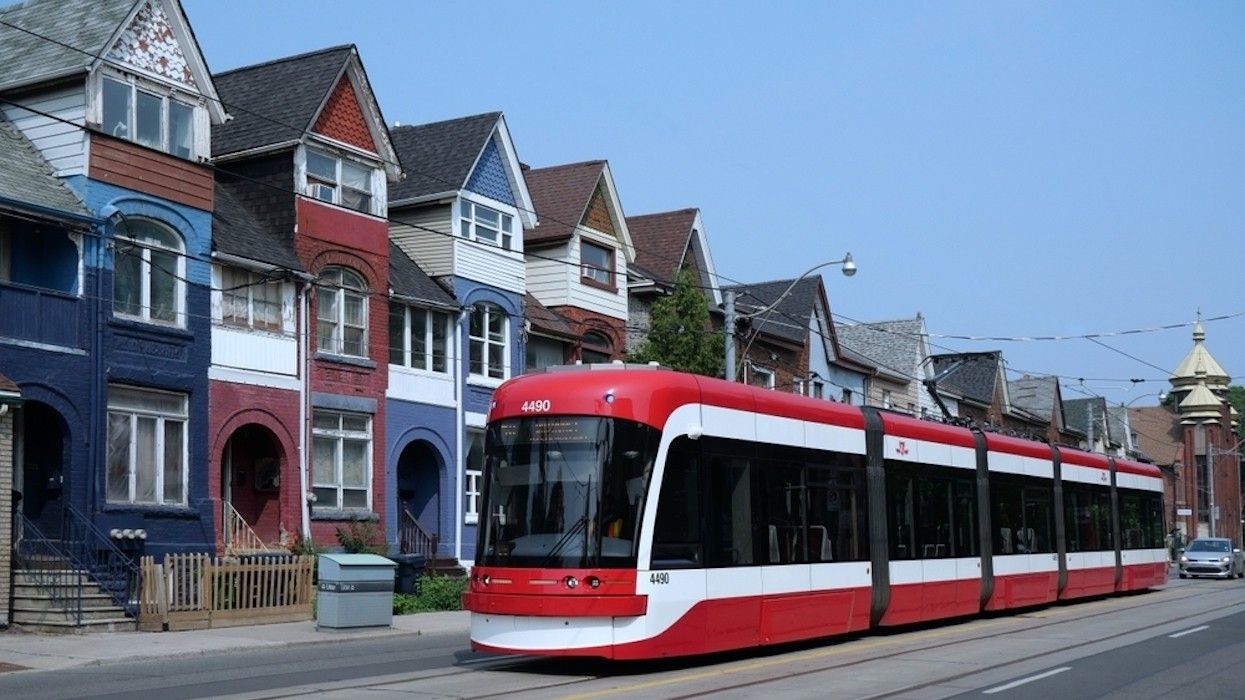A number of changes to Toronto’s newly minted Vacant Home Tax were adopted without amendments by the Executive Committee on Tuesday and will be considered by City Council later this month.
Most notably, the committee is proposing increasing the tax rate from 1% to 3%, “effective for vacancies occurring in the 2024 Taxation Year.”
This proposed increase was included in the City’s long-term financial plan, which was updated less than a month ago and outlined a number of new housing-related revenue streams.
On top of raising the tax, the Executive Committee’s recommendations include:
- Changing the payment due dates to the 15th of May, June, and July (previously, the deadline was the 1st of each of those months);
- Changing the definition of current value assessment to reflect the current value assessment as shown on the most recently returned assessment roll for the taxation year (rather than as of the payment date);
- Clarifying that the tax will be levied on properties unoccupied by more than 183 days of the taxation year (“to avoid confusion regarding longer and shorter months”);
- Expanding the definition of ‘tenant’ to include a business tenant (“to account for situations where a property is assessed in the Residential Tax class, but is occupied by a tenant and operating as a business”);
- Adding a new exemption for newly built or constructed housing inventory that is vacant applicable for up to two consecutive taxation years;
- Reducing the notice of complaint period to the last business day in the year of the payment date (previously, it was the 10th business day of April of the following year);
- Extending the declaration deadline to the last business day of February;
- Amending the repairs and renovations exemption from obtaining an opinion from the Chief Building Official and Executive Director of Toronto Building to a requirement that repairs or renovations are being “actively carried out without unnecessary delay.”
As well, the Executive Committee is imploring Council to amend one of its municipal codes to include a new fee of $21.24 per taxation year for those who fail to declare their property’s occupancy status by the declaration due date. If approved by Council, the fee would be effective for the 2023 Taxation Year and subject to an annual automatic inflationary adjustment.
Tuesday’s recommendations are accompanied by a report from the Interim Chief Financial Officer and Treasurer, which reveals that, as of August 1, 2023, 2,161 properties have been declared vacant while 17,437 have been deemed vacant.
That latter figure is down compared to February 2022 as more declarations were received through the Notice of Complaint process, notes the report, and is on track to decrease further as more declarations come in.
“As such, actual revenues generated by [the Vacant Home Tax] will not be finalized until all Notice of Complaints and audits for the taxation year is complete.”
In the meantime, the City has collected $54M in Vacant Home Tax revenue, “which is consistent with the estimated and budgeted revenues for 2023.”
The Executive Committee’s recommendations and the Interim Chief Financial Officer and Treasurer’s report are set to go before City Council on October 3, 2023.
- Toronto Approves New Housing-Related Revenue Streams ›
- Toronto’s Vacant Home Tax Is Now In Effect ›
- Toronto City Council Votes To Increase Vacant Home Tax To 3% ›
- Toronto Vacant Home Tax Declarations Due At End Of February ›
- Toronto Vacant Home Tax Declarations Due Tomorrow ›
- Toronto Vacant Home Tax Declarations Are Due Tomorrow ›





















